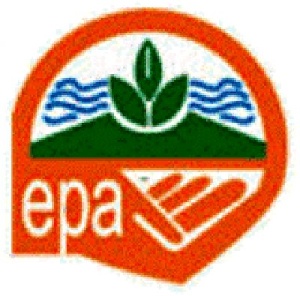The Environmental Protection Agency (EPA) has earmarked 35 out of the 206 registered hospitality facilities in the Brong Ahafo Region for sanctions.
The sanctions include closing down the facilities for breach of varied Environmental Impact Assessment (EIA) regulations.
Also, 41 fuel stations including LPG filling stations out of the 551 registered ones in the region are on the radar of the Agency, with sanctions pending for violation of permits, Samuel Oteng, Acting Brong Ahafo Regional Director-EPA, has disclosed.
He said the move is in consonance with the Agency's quest to achieve sustainable environmental development within the context of the Global Millennium Development Goals and Ghana's Shared Growth Development Agenda.
He noted that the EPA has made “immense achievements” in the areas of EIA Administration, complaints investigation, compliance enforcement monitoring of undertakings, setting guidelines and standards, as well as networking with key stakeholders including Civil Society Organisations among others.
Mr. Oteng said this during a media interaction held in Sunyani as part of activities to commemorate the 2014 Word Environment Day, which coincided with the 40th Anniversary of the EPA.
The theme for Ghana's celebration of the day was “Greening our Environment to save Ghana”. This is in connection with the Green City Project, which is meant to introduce the green concept to management of the environment.
The Ag. EPA Director said the concept of green environment goes beyond tree-growing. “It also inculcates the habit of making concerted efforts and sacrifices to achieve energy-saving and efficiency, water conservation and management, pollution reduction, efficient waste management toward the zero-waste concepts, comprehensive landscape greening, and health risks reduction by using environmentally friendly materials.”
The concept has been conceived as a result of the alarming rate of forest degradation through activities such as illegal and legal chainsaw/logging, unsustainable agricultural practices, bushfires, mining and infrastructural development, he noted.
“Ghana's forest cover has reduced from 8.2 million hectares in the 1960s to 2.0 million hectares. The current rate of deforestation in the country is calculated to be about 65,000 hectares per annum — of which illegal chainsaw/logging is one of the major causes. The practice in 2013 alone accounted for over 84% of local lumber supply with an estimated volume of 497,000 cubic metres,” Mr. Oteng stated.
He therefore appealed to the general public to join the greening Ghana crusade through energy and water saving, conservation and efficient use; vigorous tree-growing (personal and commercial); pollution reduction and embracing the zero-waste concept through efficient and responsible waste management.
General News of Sunday, 8 June 2014
Source: B&FT

















